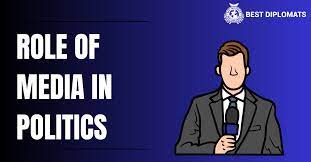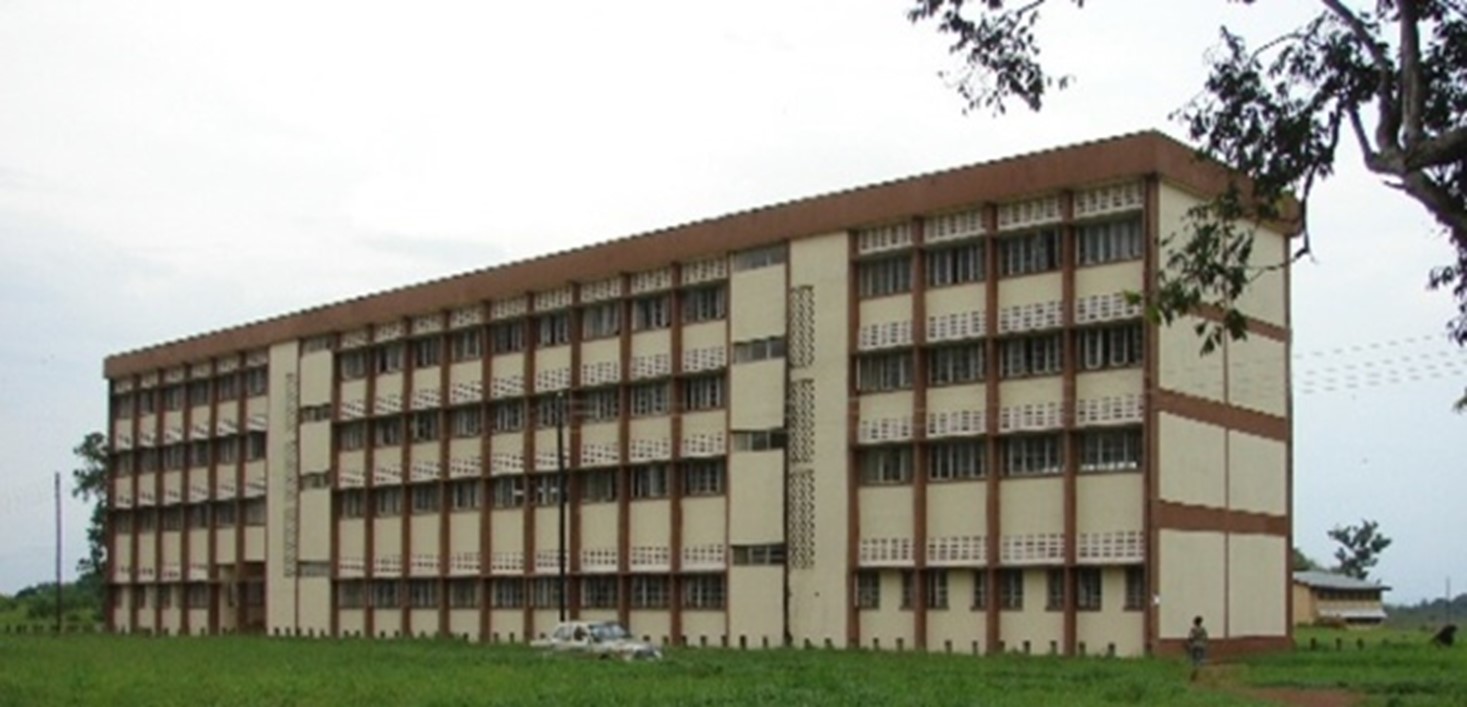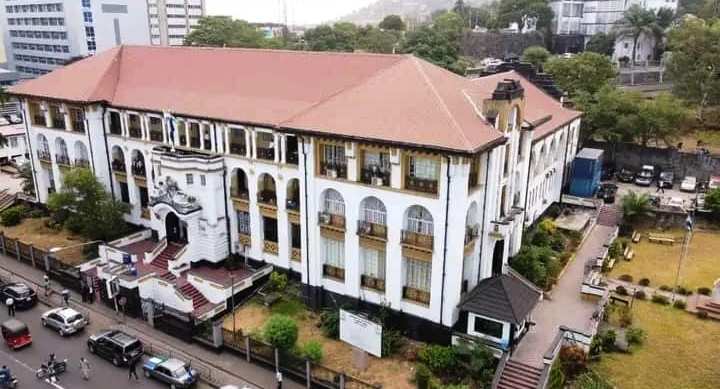By Alusine Fullah
Are the mass media too influential in politics today? Do journalists merely report and analyse the daily happenings of political parties fairly and objectively? Are they too often setting the agenda for the politicians themselves? What role should the mass media play in the political process?
Since the first popular radio broadcasts in the early decades of the twentieth century, the mass media have revolutionized the way we communicate political discuss/ information. Political campaigns just before the introduction of the radio were characterized by stump oratory in which candidates addressed up to a few thousand citizens from a bandstand or makeshift podium erected in the town square. Thirty years later, when radios had become a staple food of even low-income households, Franklin Delano Roosevelt could reach an audience of over 60 million in one of his famous program: “fireside charts”
All over the world, politicians have realized the crucial role of the mass media, and Sierra Leone is not an exception. Sierra Leoneans today have considered the news industry to be essential to the success of the political process. Who report political agendas of the day?
The mass media. For instance, going to back to the June 24 general elections in Sierra Leone, political parties like APC and SLPP used the mass media to circulate/ disseminate their manifestos: ‘People’s Manifesto’ for the SLPP and One ‘Nation Manifesto’ for the APC.
Democracy, after all, rests on an informed/ enlightened citizenry. At least in theory, better media coverage of political dealings and election campaigns, delivered directly to the citizen through mass media (and recently the new media/ internet) has made the citizenry better enlightened/ informed than ever before.
But the mass media actively shape their influencers as much as they objectively broadcast the news. Increasingly, we rely on the news industry to provide us not only with the facts but also with an interpretation of the facts. Some commentators have argued that our hunger for instant interpretation is a result of widespread laziness. Others blame a time-crunch that results from too many personal and social responsibilities, or claim that partisan bickering causes more complex than soundbites.
Has the growing influence of the news industry strengthened or weekend the quality of public debate? Further, what should be the media’s role in the political ecosystem?
The press as a Watchdog theory: the modern press is the observer of every Politian and in that sense serves as a watchdog of democracy. When every speech is on the record and reported across the nation during the six o’ clock news, politicians can no longer make promises to one special interest group without risking the wrath of an opposed group.


















